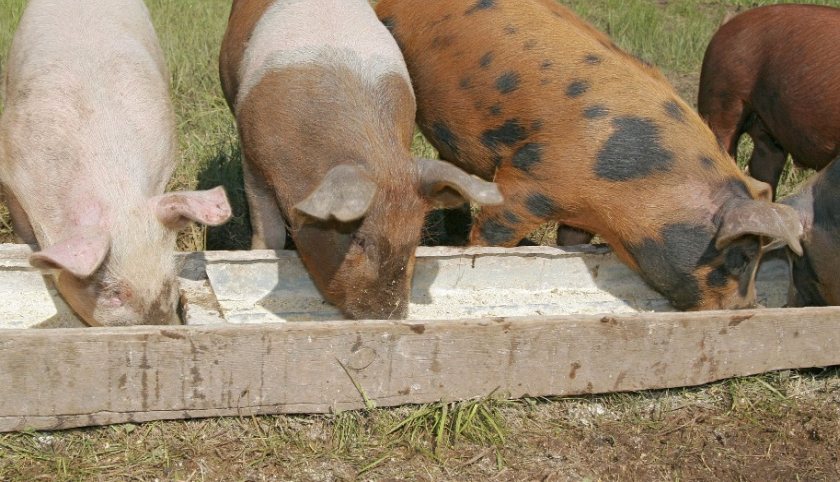
UK pig producers should be given the same opportunity as their EU counterparts to use Processed Animal Protein (PAP) as a sustainable feed ingredient, the sector has said.
PAP is now legal in the EU, enabling pig producers to include poultry protein in pig feed, under strict conditions, and vice versa.
The alternative protein could ultimately help lower environmental impacts and pig feed costs, as well as offer new markets for pig products.
It is not currently legal to feed PAP to pigs or poultry in the UK, but the government may consider its position.
While around 1.3 million tonnes of pig and poultry PAP is produced annually, about 780,000t goes into fish and pet food, with most of the remainder, about 500,000t, exported to third countries.
The National Pig Association (NPA) has called on the government to approve the process in the UK, but only under strict conditions.
The body stressed that a number of barriers would need to be overcome before PAP could be used in practice, including logistics, cost and public acceptability.
The requirement for traceability also poses a challenge to any change in policy because most UK pig feed production sites are cross-sector, which would make demonstrating that there is no crossover more challenging than having a single species feed production facility.
In addition to PAP being legally permitted and properly regulated, the NPA said it would need to be accepted by retailers and consumers, if it was ever to be a viable option.
NPA chief executive Lizzie Wilson said that a bureaucratic registration process and the sheer costs involved had deterred any serious investment in the process.
She explained how the conditions attached to use, including single species processes ‘from end to end’, in both milling and transport, to guarantee pig PAP can’t be fed to pigs and the same for poultry, was also a stumbling block.
“We believe that GB producers deserve the same opportunities as EU producers," Ms Wilson said.
"We support a policy which would allow the feeding of pig PAP to poultry and vice versa, provided it is properly regulated.”
